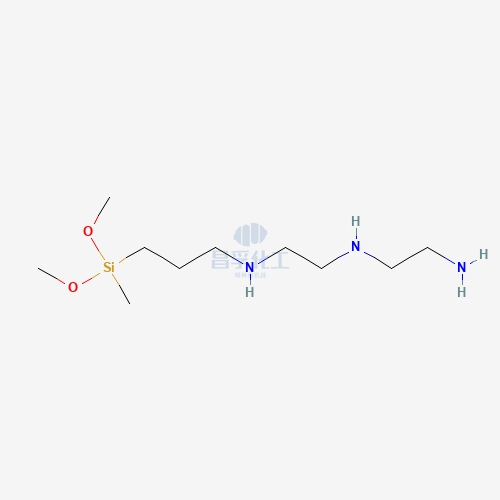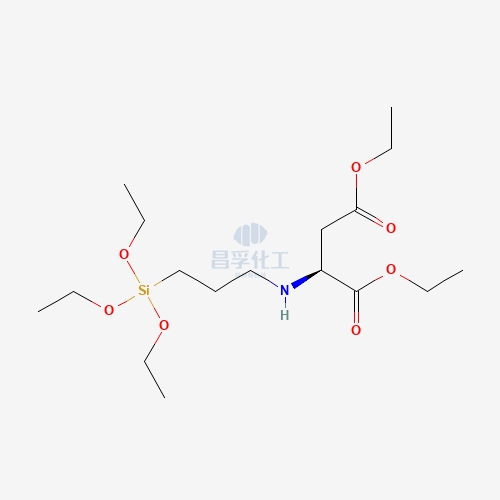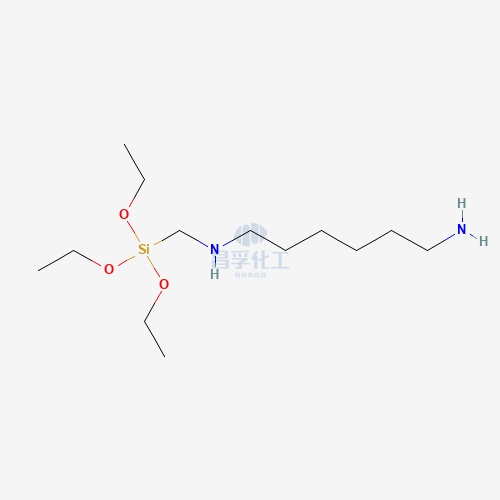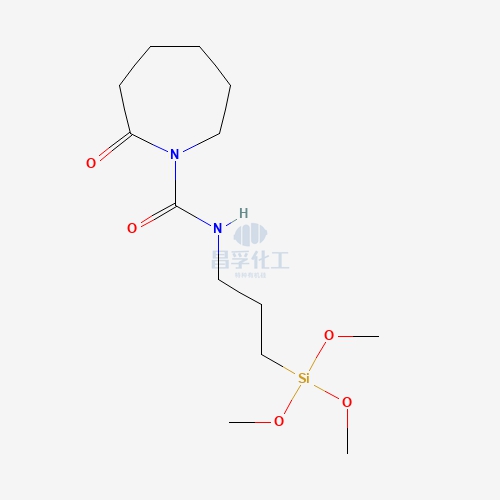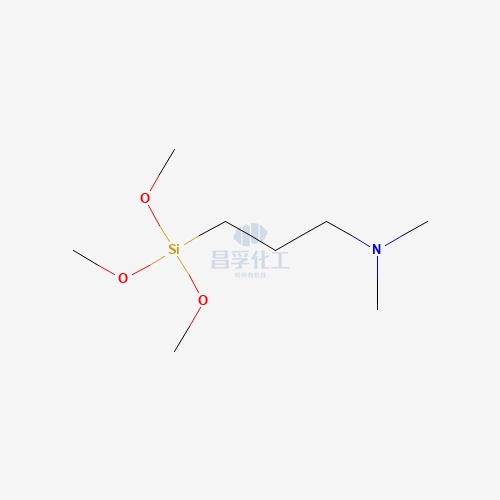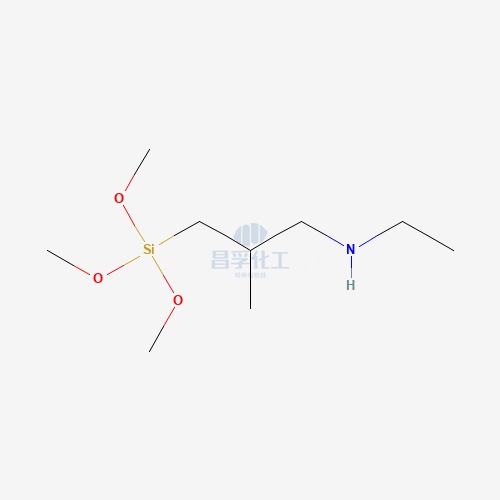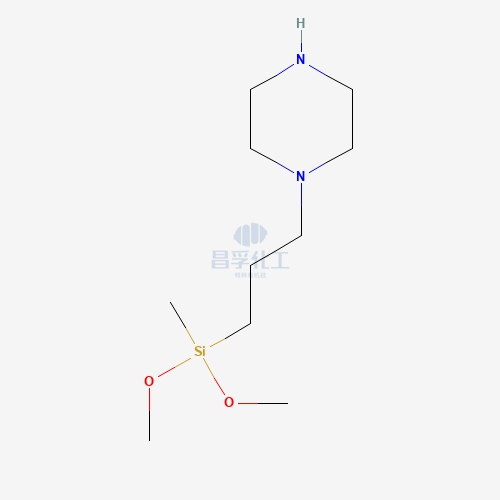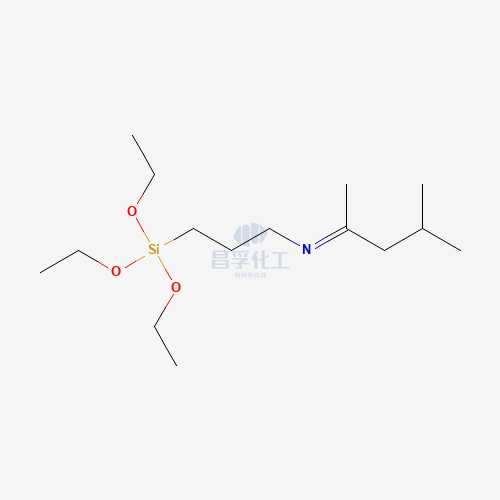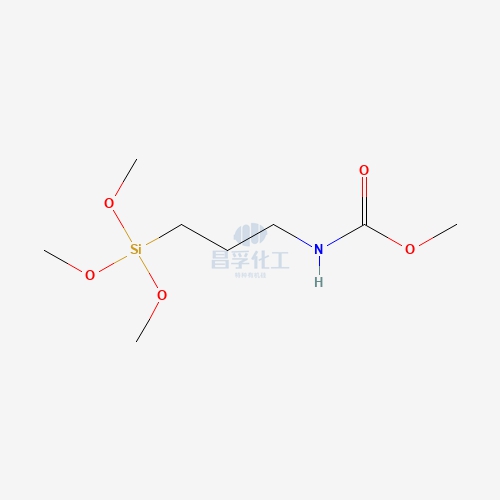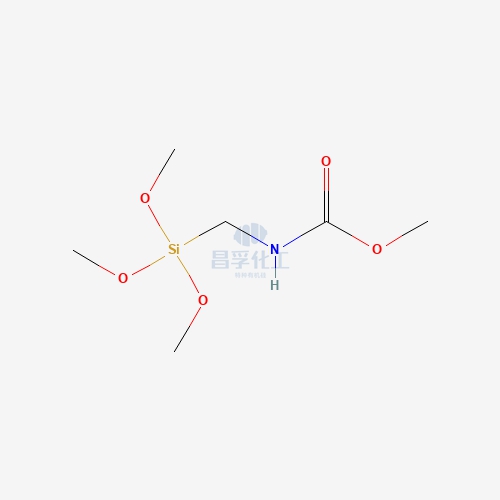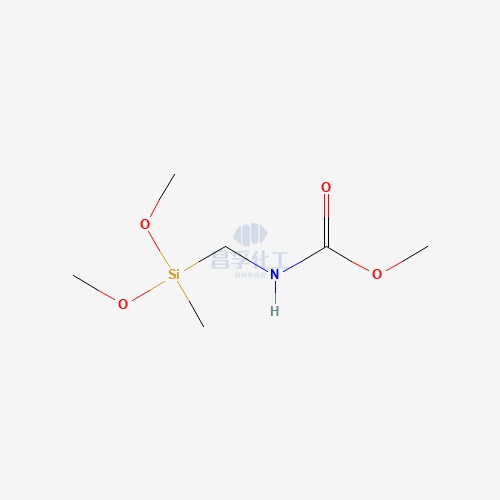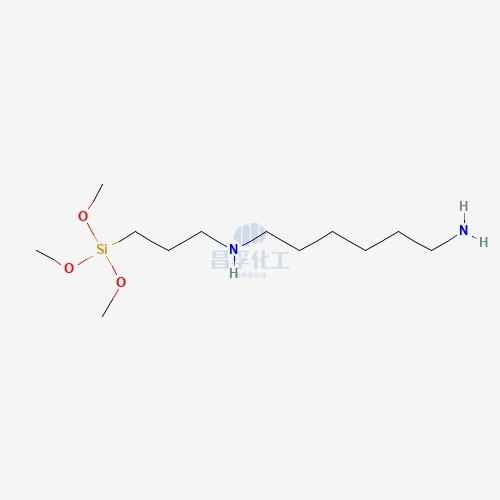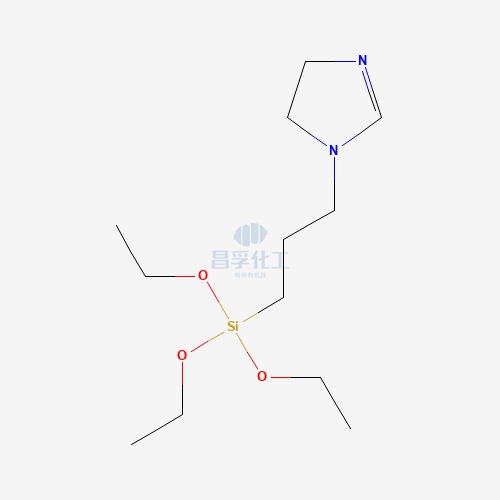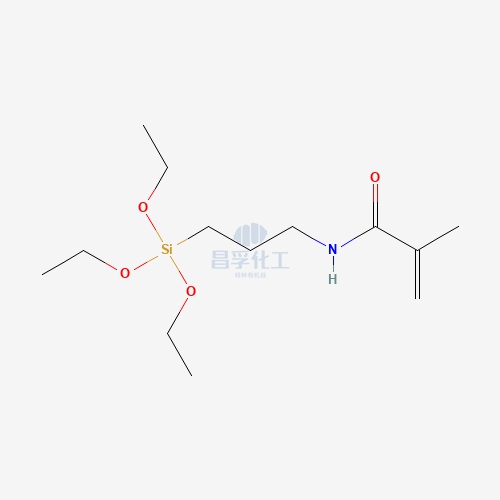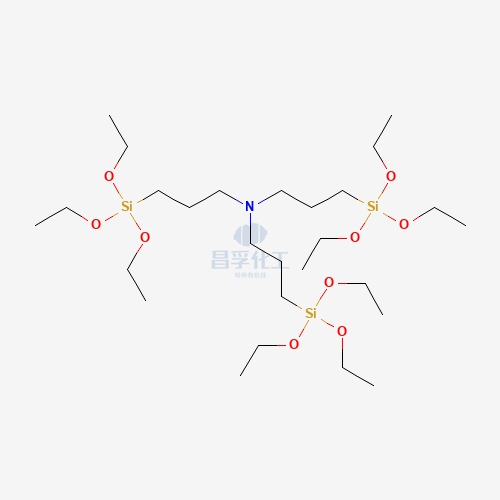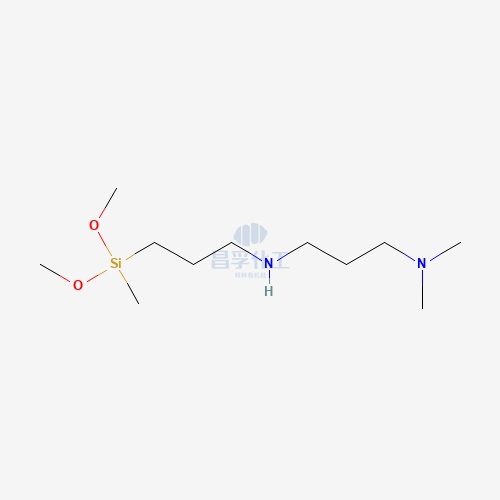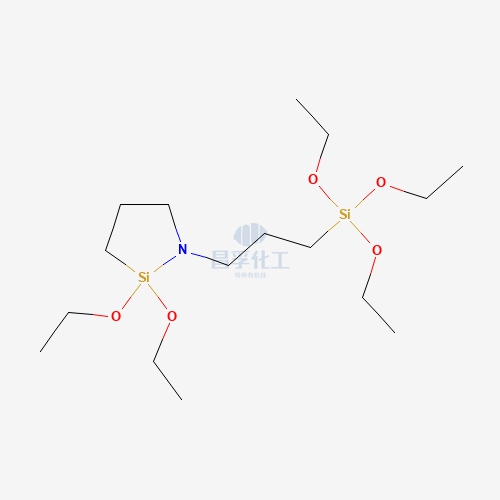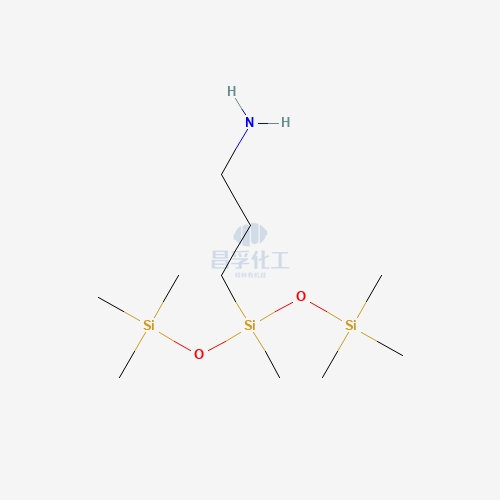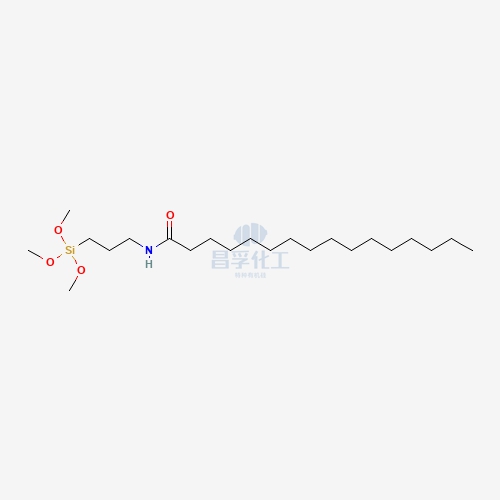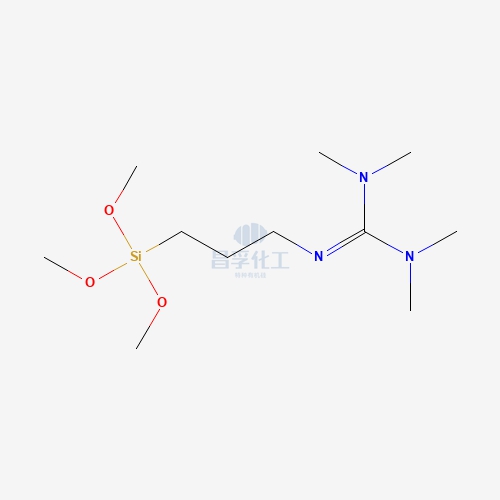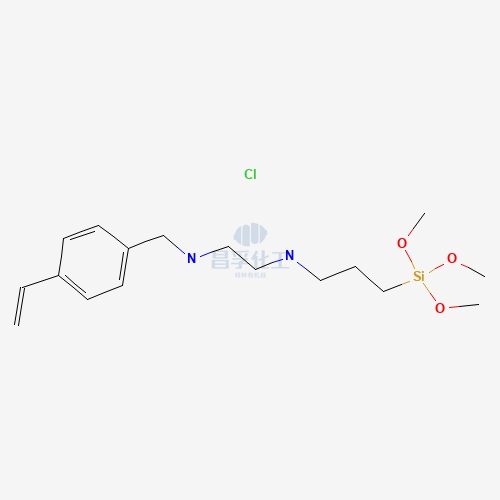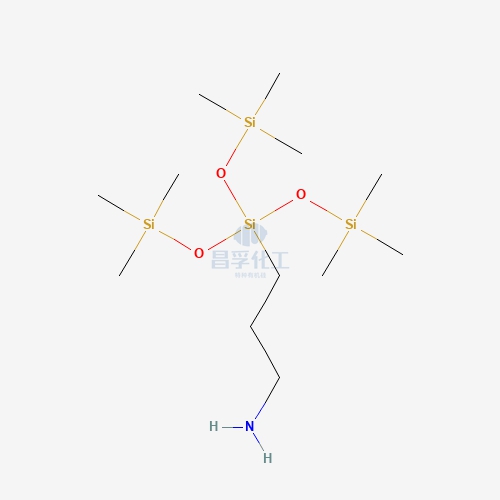
Contact Changfu Chemical Now!
+86 27 8439 6550 | +86 181 6277 0058
What are Organic Silicon Compounds?
Organic silicon compounds, often referred to as organosilicon compounds, are a class of specialty chemicals that combine silicon with carbon-based groups. These compounds are integral to a wide range of industries due to their unique properties and versatile applications.
The Structure of Organic Silicon Compounds
The basic structure of organic silicon compounds consists of silicon atoms bonded to organic groups. Unlike purely inorganic silicon materials such as silica and silicates, organosilicon compounds feature silicon-carbon (Si-C) bonds, which confer distinctive characteristics. These compounds often contain functional groups like alkyl, aryl, and alkoxy groups, which can be tailored to achieve specific properties.
Key Properties and Applications of Organic Silicon Compounds
-
Thermal Stability and Flexibility:
- Organic silicon compounds exhibit remarkable thermal stability and flexibility, making them suitable for high-temperature applications. This is particularly advantageous in industries such as electronics and automotive manufacturing, where materials are exposed to extreme conditions.
-
Chemical Resistance:
- These compounds are resistant to many chemicals, including acids, bases, and solvents. This resistance enhances their durability and longevity in harsh chemical environments, which is why they are widely used in the construction and coatings industries.
-
Hydrophobicity:
- Organosilicon compounds are often hydrophobic, meaning they repel water. This property is essential for waterproof coatings and sealants used in construction and marine applications.
-
Biocompatibility:
- Certain organosilicon compounds are biocompatible, making them suitable for medical and pharmaceutical applications. For example, silicon-based materials are used in medical devices, implants, and drug delivery systems due to their compatibility with human tissue.
Industrial Applications of Organic Silicon Compounds
The versatility of organic silicon compounds has led to their widespread use across various sectors:
-
Specialty Chemicals:
- Specialty chemicals manufacturers produce a range of organosilicon compounds tailored for specific industrial applications. These include silanes, silicones, and silicon-based resins used in adhesives, sealants, and coatings.
-
Electronics:
- In the electronics industry, organic silicon compounds are essential for producing semiconductors, encapsulants, and insulating materials. Their thermal stability and electrical insulating properties are critical for the performance and reliability of electronic components.
-
Construction:
- Organosilicon compounds are used in construction materials such as sealants, waterproofing agents, and protective coatings. Their durability and resistance to environmental factors make them ideal for enhancing the longevity of buildings and infrastructure.
-
Healthcare:
- The biocompatibility of certain silicon materials makes them valuable in healthcare. Applications range from medical devices and implants to pharmaceutical formulations, where they help improve drug stability and delivery.
Future Prospects of Organic Silicon Compounds
The demand for organic silicon compounds is expected to grow as industries continue to seek materials with superior performance characteristics. Advances in chemical synthesis and material science are likely to expand the range of available compounds and their applications. Innovations in sustainable and environmentally friendly silicon chemistry will also drive the future development of this field.
In conclusion, organic silicon compounds are a crucial component of modern industrial chemistry. Their unique combination of properties, such as thermal stability, chemical resistance, and biocompatibility, make them indispensable in a variety of applications, from electronics to healthcare. As specialty chemicals manufacturers continue to innovate, the importance of these compounds is set to increase, paving the way for new technological advancements.
Popular Silicon Compounds
Popular Silicon Compounds
Related News & Blog
Related News & Blog

+86 27 8439 6550
+86 181 6277 0058
sales@cfsilanes.com
Optics Valley Bio-City
No. 666, Gaoxin Avenue
Hongshan District, Wuhan City

+86 27 8439 6550 | +86 181 6277 0058
sales@cfsilanes.com
Optics Valley Bio-City
No. 666, Gaoxin Avenue
Hongshan District, Wuhan City
Copyright © Hubei ChangFu Chemical Co., Ltd. All Rights



